The effectiveness of long-lasting spatial repellent emanators against malaria in humanitarian crisis settings in northern Nigeria: a two-arm pragmatic, open-label, controlled trial
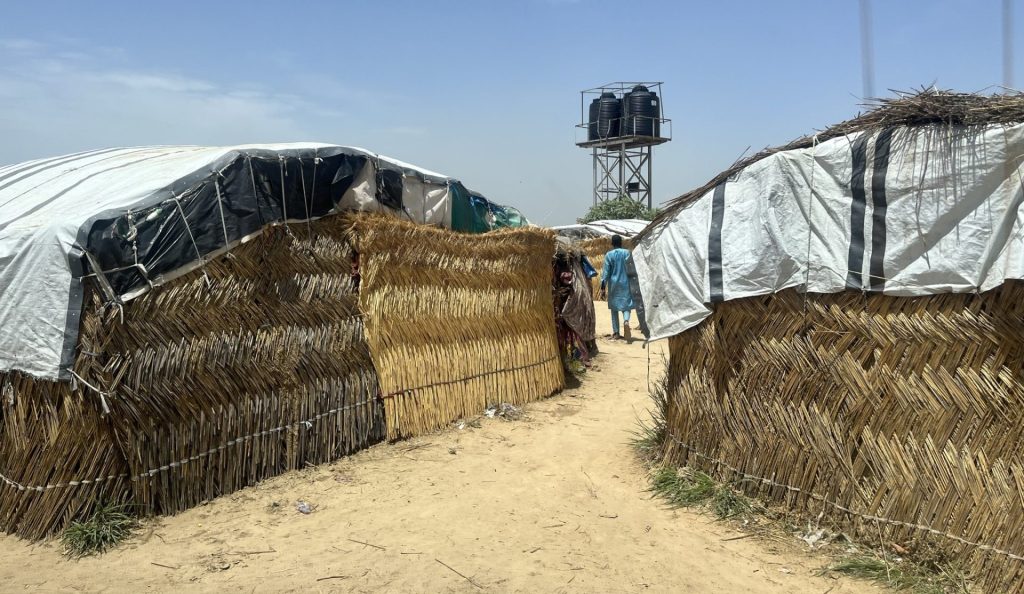
A 6-month, open-label, controlled trial examining whether spatial emanators could effectively reduce malaria transmission among internally displaced people in northern Nigeria during a humanitarian crisis. Setting and design: N.B in this case Spatial Emanators were distributed on top of residual LLINs. Prior to distribution all study participants received an appropriate course of ACT to clear […]
Study of spatial emanator published in The Lancet

Results from the field trial of Guardian™ spatial repellent emanator have been published in the Lancet Infectious Diseases, which adds to the growing evidence for the use of this vector control tool in humanitarian settings. MENTOR has for many years led the piloting and testing of innovative tools to protect people and prevent diseases in […]
Vector-borne disease control in Burkina Faso
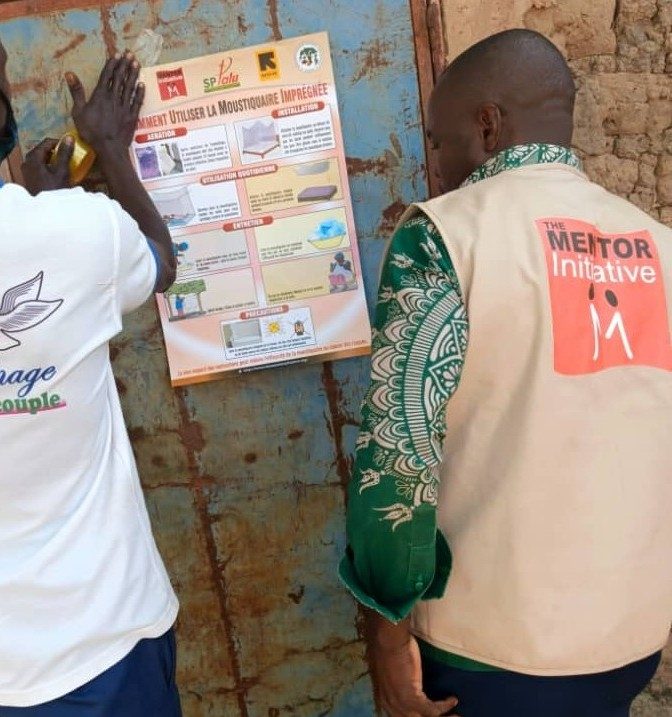
MENTOR is implementing vector-borne disease control activities in regions of Burkina Faso most affected by insecurity, displacement and a growing humanitarian crisis. In partnership with the IRC, we have focused on the provision and distribution of nets; information, education and communication activities; and training health workers in Sahel and Boucle de Mouhoun regions. These regions […]
Larviciding at mosquito breeding sites reduces risk of malaria in Maiduguri
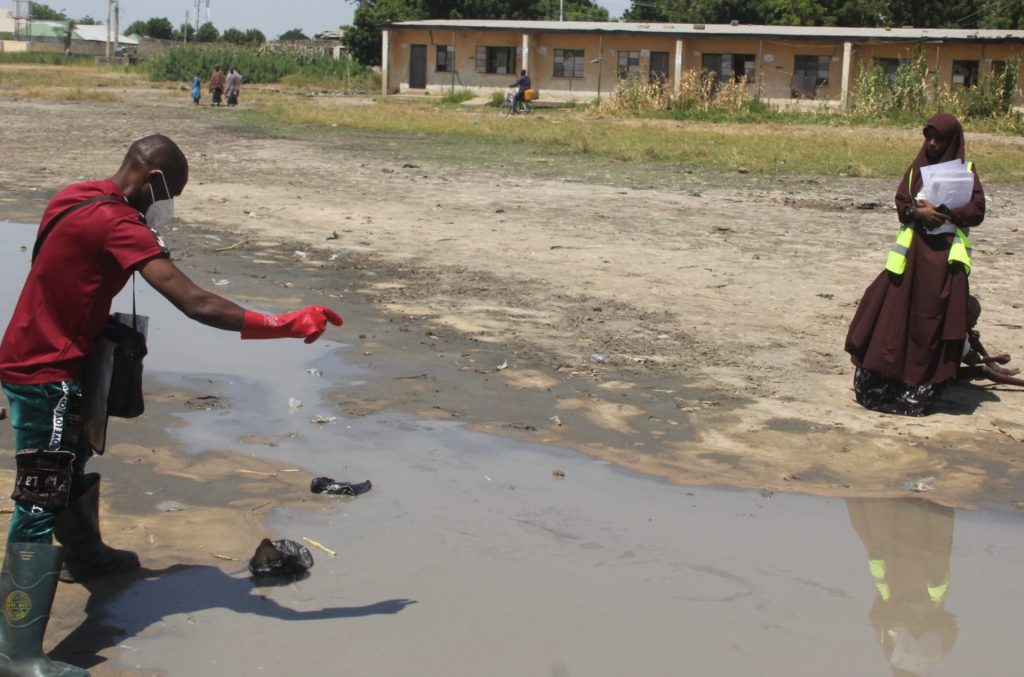
In Goni Damgari, Maiduguri, malaria remains a major public health challenge with mosquitoes thriving in open breeding sites – especially during the rainy season. To address the high risk of malaria in the region, MENTOR supported the Borno Ministry of Health and State Malaria Elimination Programme to implement vector control activities over four months in […]
Mobile health services improve access to healthcare in northern Nigeria
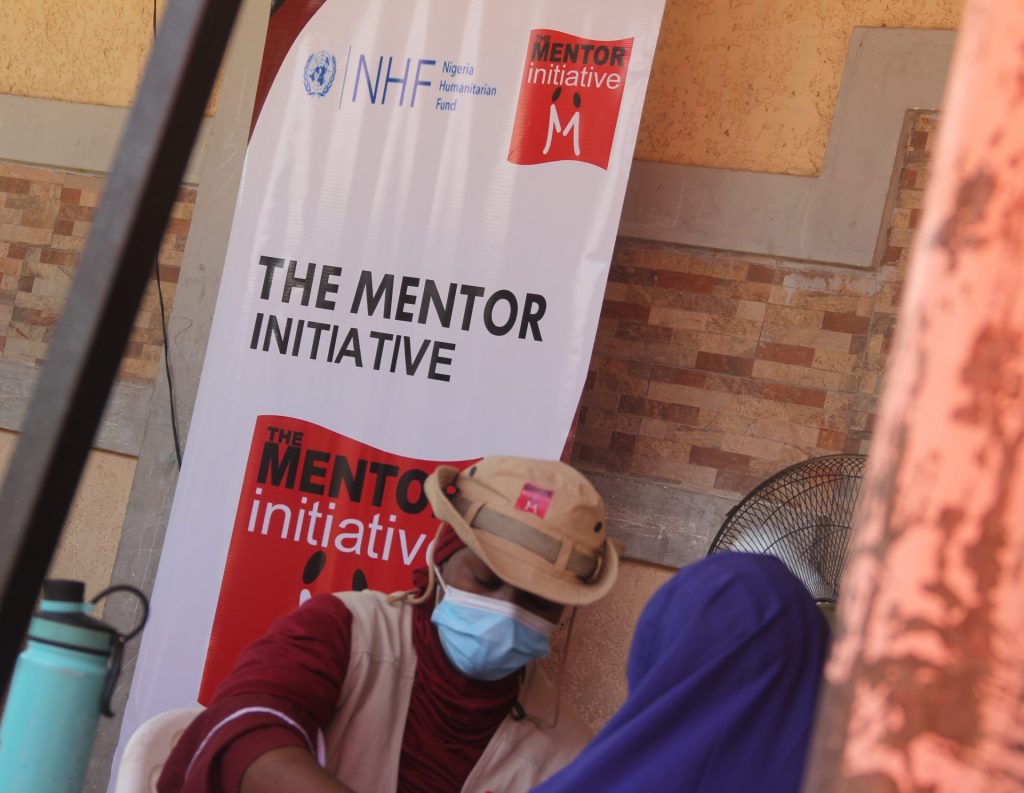
MENTOR is supporting primary healthcare and mobile health services with integrated malaria, WASH and nutrition activities in two communities in Maiduguri, northern Nigeria. Funded by the Nigerian Humanitarian Fund (OCHA), the life-saving programme aims to reach 90,000 people living in internally displaced camps and host populations with improved healthcare, nutrition support, reproductive health, and disease […]
Evaluating a novel multi-species vector control tool for humanitarian crises: the efficacy of attractive targeted sugar baits among forcibly displaced populations in Northern Nigeria
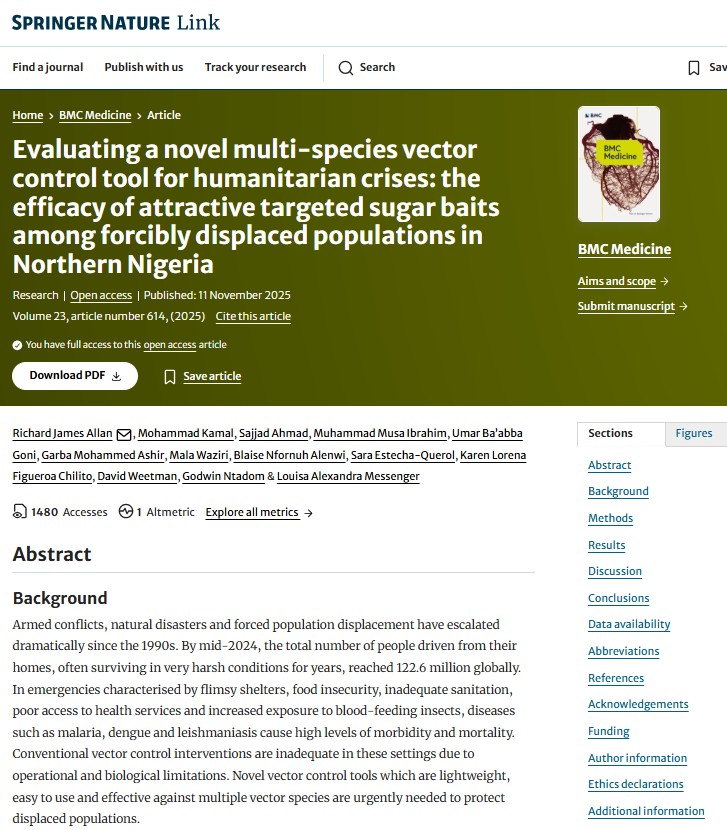
2024 Annual Report

Highlights from programmes in 2024
Warning about the impact of funding cuts on mosquito-borne diseases
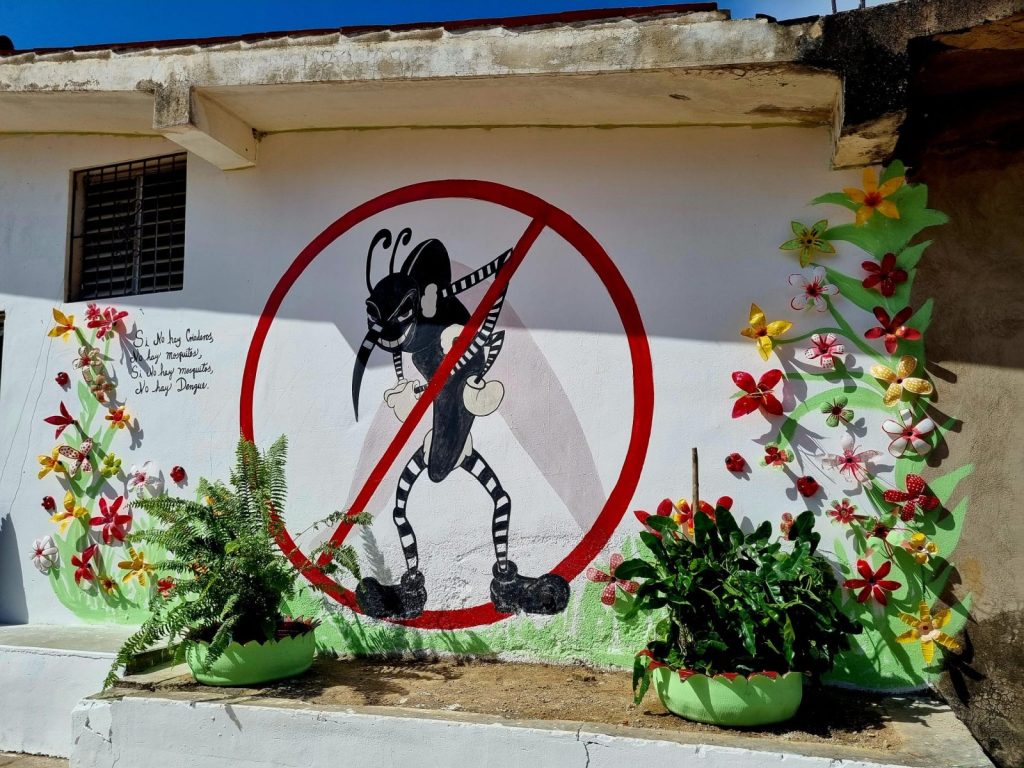
On World Mosquito Day we are sounding the alarm about the potential impact of funding cuts on global health programmes that prevent and treat mosquito-borne diseases. Already the effects are being felt across the world, hitting those in most vulnerable humanitarian settings the hardest. There is a real risk progress will stall, cases of diseases […]
Malaria control in emergencies (2025)
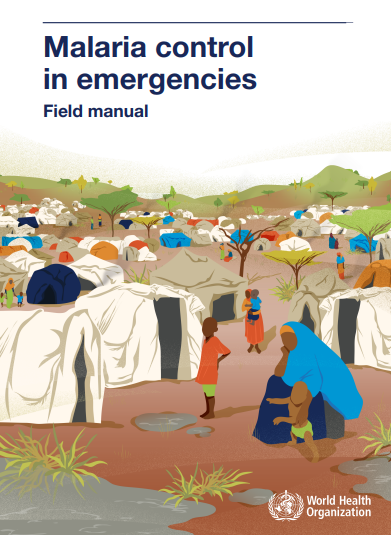
Field manual Humanitarian emergencies are increasing globally with alarming frequency and duration. These crises often cause health system collapse, leaving vulnerable populations without access to essential medical services. In endemic areas, malaria becomes a deadly threat, especially for displaced communities with little prior exposure and no immunity. Without swift action, outbreaks can escalate rapidly, making […]
WHO recommends new vector control tools for malaria
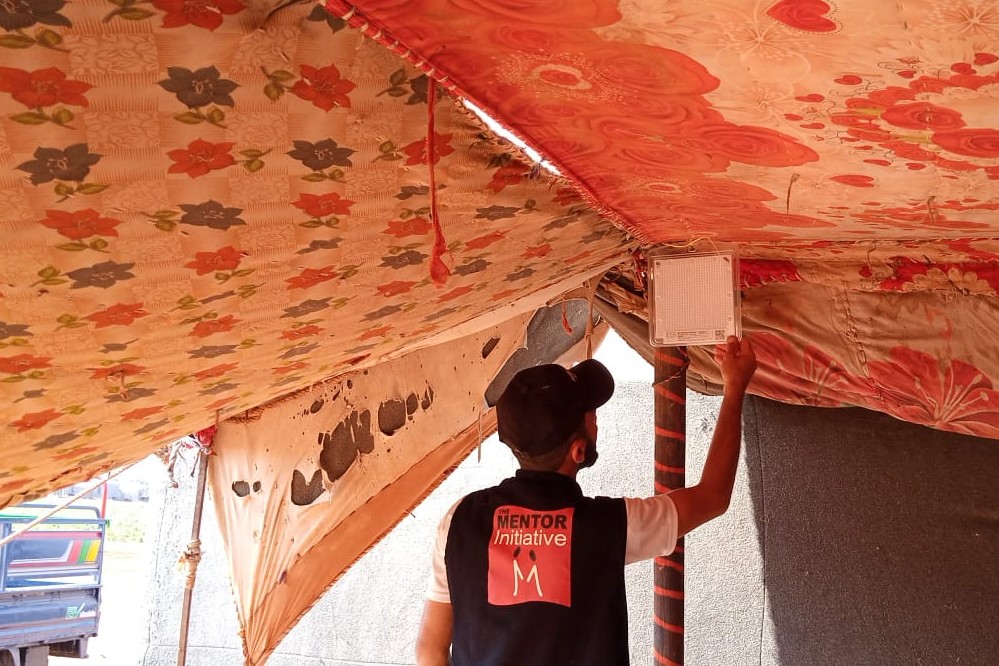
The World Health Organization has issued a new recommendation for the use of spatial repellents, an innovative vector control tool for the control of malaria. This new class of spatial emanators emit transfluthrin into the air repelling and killing mosquitoes whilst being safe for people. WHO’s prequalification of SC Johnson’s Shield and Guardian spatial repellents […]
